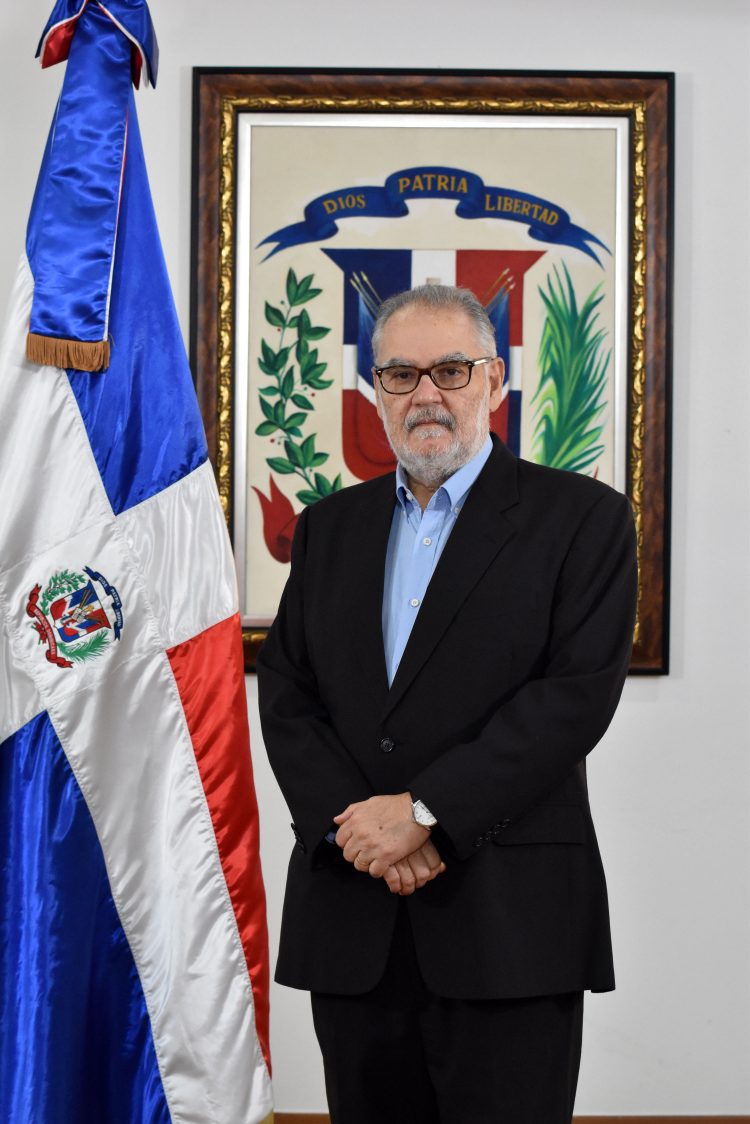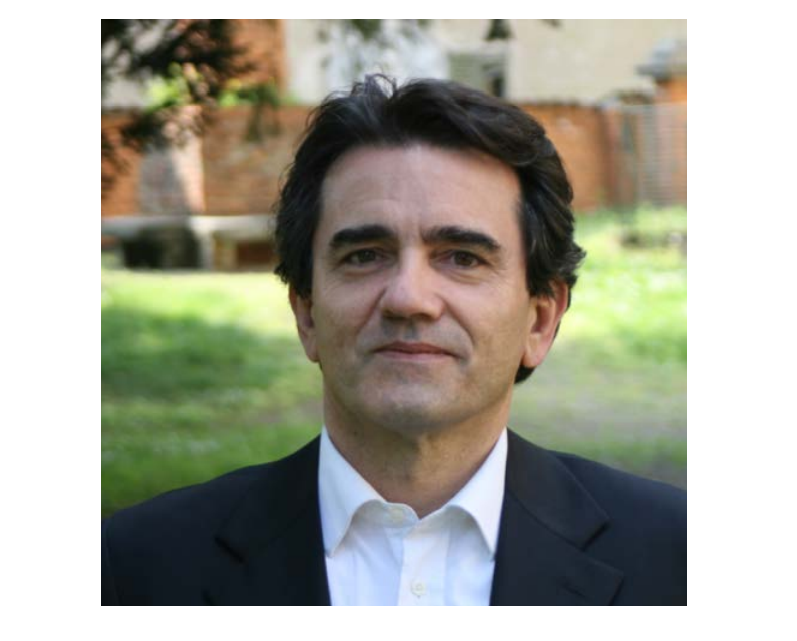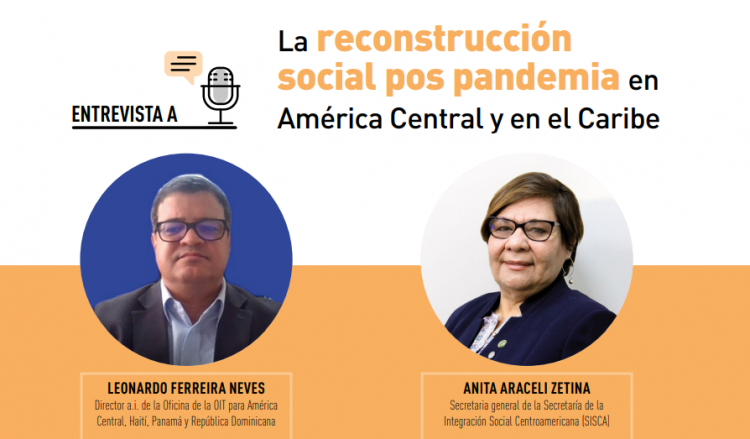León de la Torre Krais, ambassador and head of the European Union Delegation in Cuba

The world is observing Chile and its constitutional process closely as one of the most innovative at a global level, so much so that it will mark a milestone in the history of constitution-making. The Constitutional Convention, the constituent body responsible for drafting the new Constitution, is composed equally by men and women and will have the representation of the native peoples. Elisa Loncón was democratically elected president of this Convention during the inaugural ceremony. A Mapuche woman with no party affiliation, this election is a symbol of the winds of change in this South American country. In the president’s address when taking office on 4 July, she said, “Today, a new Chile is being created: one that is pluralistic, multilingual, with all its cultures, with all its peoples, with its women and with all its territories. This is our dream for writing the new constitution.”
I wish to acknowledge the example that citizens have shown so far by voting and with their involvement in public debate. The constitution-making process is a unique opportunity to sign a new social contract, based on dialogue and the achievement of consensus and broad and participatory agreements, in which all voices and regions of the country are represented, and that marks the road map for decades to come.
The European Union has much to learn from this process. Not only is this a time of change, it is also a time accelerated by COVID-19, and there are global challenges such as digitalisation, climate change, etc., as well as new questions for which we still do not have clear or definitive answers, such as human mobility and gender inequality. Chile can be a laboratory of comparative constitutionalism to analyse how to address these major issues and the EU is interested in sharing ideas and experiences. This process also starts in parallel and with common challenges to the Conference on the Future of Europe, an initiative with which the EU aims to open an inclusive and transparent debate, giving European citizens more say about a series of key priorities and challenges with the aim of laying the foundations for the reform of European institutions in the coming years.
The EU has extensive, diverse experience – some “beautiful failures and problematic successes” – derived from constituent processes arising from right-wing dictatorships, from the left, from transformations and divisions of countries. And all these have entailed a process and a meeting of the population to reach a basic consensus that will enable future generations to coexist. We share the fundamental values of freedom, democracy, human rights and the promotion of multilateralism with Chile, and have a 50-year relationship based on political, economic and cooperation ties.
Therefore, with Chilean institutions of the three powers of the State and other actors such as public universities, we have launched the Chile-Europe Union Forum, an initiative implemented with the support of the EUROsociAL+ programme to carry out different activities regarding which Chile and the EU are discussing issues of common interest such as fundamental rights, citizen participation, forms of government, decentralisation, gender equality, environmental protection, transparency, corruption and social models, among others.
Once COVID-19 is over, the next decade will be crucial for Latin America – and in particular for Chile – and for the EU alike. I am confident that our strategic partnership will strengthen us to face the recovery and the path to economic and social development, and that these new social contracts and the institutional reforms to come will offer the capacities and legitimacy to guarantee equality, opportunities and well-being for all people.



